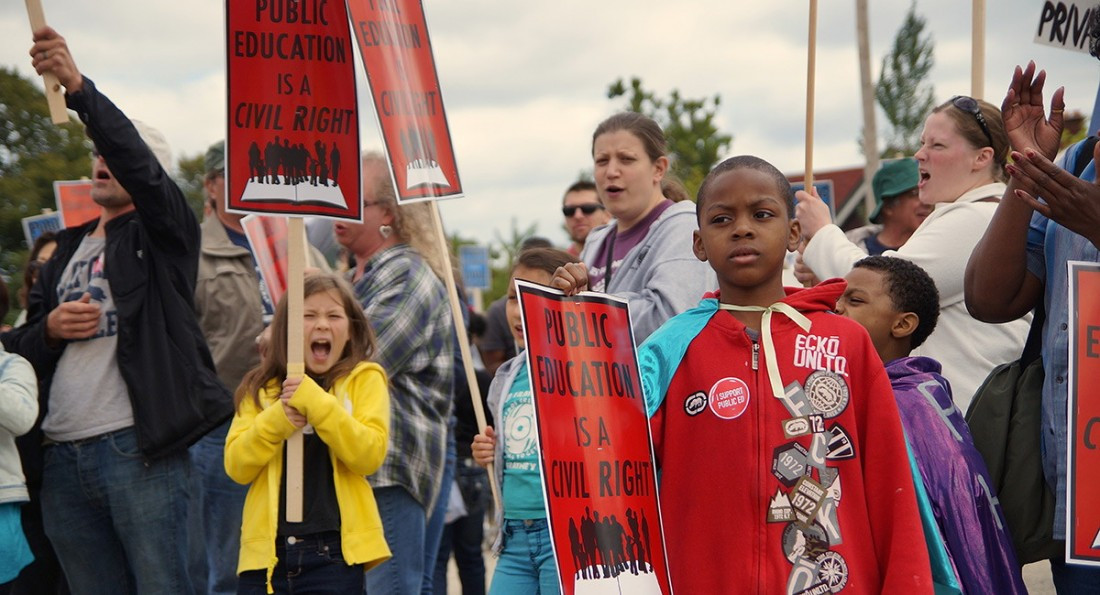Student Dispatch with Bilan Arte
Hallways of Power: From campus to Parliament Hill
It can be hard to imagine having enough power to change something in life. As a single person, any of life’s challenges can seem insurmountable. You look at things that you want to change but think, “Can one person alone really make a difference?” The answer, maybe surprisingly, is no. Change comes when we all work together as a community, not as individual atoms floating around in the world.
At the end of October, students from across Canada met with Members of Parliament and Senators in Ottawa to highlight the barriers and challenges that students face when getting their education. This lobby week was just one part of a bigger national movement to fight for accessible education that has been ongoing for nearly a century in this country.
Meeting MPs and senators is an enlightening experience, if only to see that the people who make decisions that affect everyone in the country are actually just people (and to watch Question Period the day after Senators Duffy and Brazeau threw the Prime Minister under the bus, but that’s another story). Many of those we met were supportive, and many were receptive but uninformed. Thankfully, only a few were particularly hostile to the idea of a fully public system of post-secondary education. The response was much better than last year and even better than the year before that. It means that these ideas are sinking in - from direct meetings with students to media coverage of the issues to local direct action - those who make up the provincial and federal governments are slowly recognizing that the direction public education is heading in is not good for students, for our communities, or for the economy.
This experience highlighted the indispensable role we as students must play in shaping the political agenda in our country. It was clear, however, that none of the policy changes that are needed come from meetings like these alone. These efforts start at home: in our hallways and in our classrooms. While students from across the country set the goals of campaigns like these, it is local actions—conversations with family members and neighbours, Kitchen Table events, outreach at local malls and grocery stores—that will do what all the lobbying in the world can’t. These local actions build a community of people that support each other and, in this case, support public post-secondary education.
In April of this year, students decided that the next phase of the campaign to call for accessible and affordable education would be called “Education for All” (it helps to be direct, right?). Over the next few weeks, students will be meeting and organizing on each university campus in our province and forming Student Action Networks—groups discussing how best to build broad-based public support for the goals of the campaign (lowering tuition fees, increasing funding, and addressing student debt) and setting creative actions to make that happen. By getting involved, you’ll be connecting with others who care about the quality and about the value of our education. There’s strength in numbers, and it is now our responsibility to work together to protect our public education.
The UW Student Action Network meets regularly on campus. If you’re interested in getting involved, contact Peyton Veitch at [email protected].
Bilan Arte is Chairperson for the Canadian Federation of Students–Manitoba. She previously served a term as President at the University of Manitoba Students’ Union and has been involved in student activism in Manitoba for over three years. She is currently completing a degree in Political Studies and Criminology at the University of Manitoba.
Published in Volume 68, Number 10 of The Uniter (November 6, 2013)







